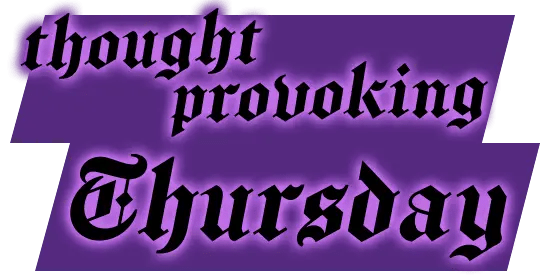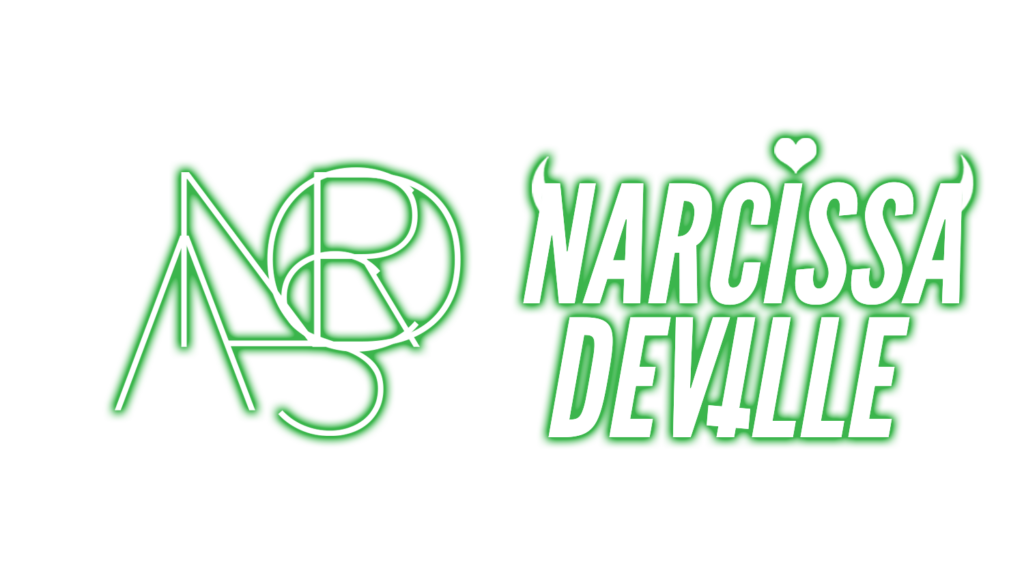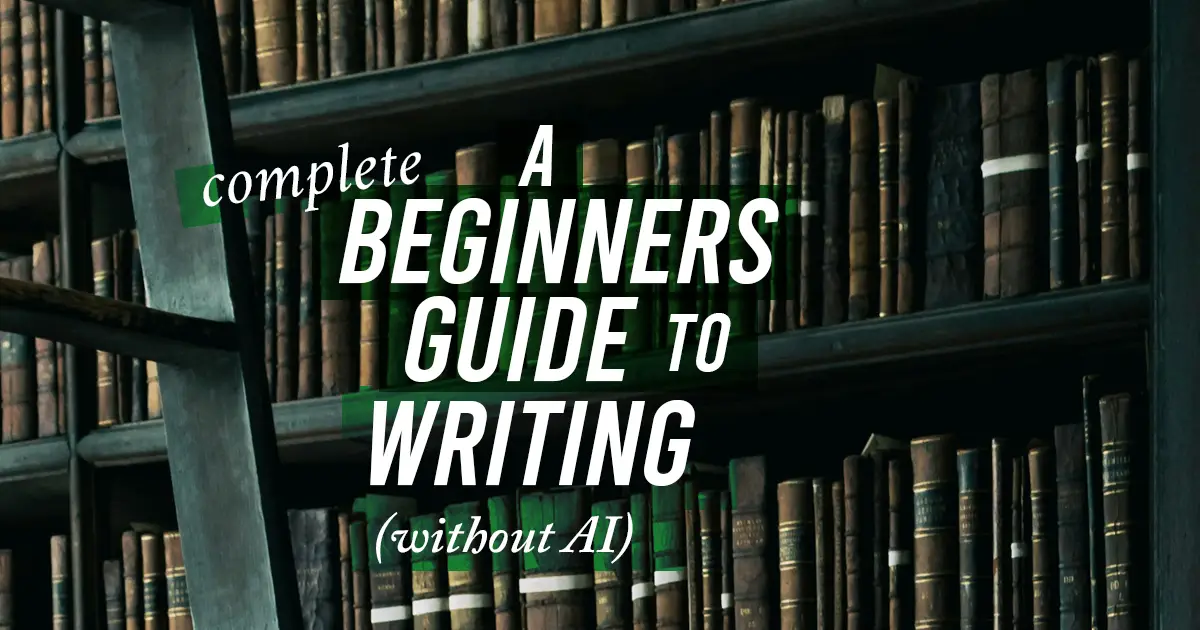

Part of the process of outlining (really part of the process of writing a story at all), arguably one of the most challenging aspects of the process is fleshing out your ideas. Taking a concept from a one or two sentence premise, and giving it substance is by no means an easy task. Even before you get to actually writing the book itself, you must ask yourself, what is this story really about? What story do I want to tell? What needs to happen in order for me to tell this story?
Ideas are a dime a dozen. Everybody has them. Anyone can come up with a dozen basic ideas, but deciding what comes next, what are the important plot beats and subplot beats that make up the story. What are the character arcs and journeys that need to occur in order for this story to be told effectively? That takes work.
Using my own book, Secret Life as an example, the overarching plot of the story is about Damien’s desperate desire to keep his life private and to get through his final year of high school. On the way there are subplots that focus on his family dynamic and his fears about disappointing his parents. His friendships, and his enemies. His former girlfriend and his current love interest. And then of course there is his secret ultimately being exposed, and him having to deal with the consequences of that. Him having to confront his family expectations and be open with them as well as confronting his friends and enemies and either finding a bridge to make peace with them or in the case of Tyler (his former best friend now enemy) him making an ass out of himself in front of his parents and being sent off to military school.
All of these things are important aspects of the overall plot and subplots of that story. All of them needed to happen in order for that story to be told in the way that I wanted it to be. Any one of those details could change and the end result would likely be different.
In fact, I’ve even been toying around with working on how Damien and Oliver’s lives would have been drastically different had they never met, as Oliver coming to the same school as Damien in the first chapter is the catalyst that sets everything else that happens in the book into motion.
While fleshing out your story is an important part of telling a story, in the beginning it may be necessary to just explore the story and where it wants to take you. There’s no right or wrong way to write, and, especially in the beginning of your journey as a writer, what you want more than anything is just to get to it. You want to write, and explore, and no one can blame you for that. Certainly not I.
If you do want to take the time to flesh out your stories however, I have some recommendations for you. Once you have determined the general theme of your story, once you have an overarching idea, and characters ideas may already be coming to you. Write those down. Trust me, do not assume you will remember anything later. Write it down somewhere. Maybe even several places (but maybe have a better organizing system than I have had because nothing is more frustrating than knowing you wrote something in a notebook somewhere but having about a hundred notebooks and not having a clue which one it was in).
Once you have that overarching theme and you have a good idea of what your starting point is, try to figure out what the goals of your character are. What do they want? What are they trying to accomplish? What would make them happiest?
The better you know your character and their motivations, the easier fleshing out the story becomes.
If they have a secret, their motivation is keeping that secret at all costs. Maybe that means they push people away that care about them or want to help them in some way. Most of the best stories require some form of conflict in order to make them interesting. The secret has to be revealed. How does your character feel about that? How do they react? Are they angry? Scared? Or are they secretly relieved?
If instead the characters motivation is to fight some great evil, then they have to learn more about the evil, what makes it tick. What are its weaknesses? How do you defeat the evil? Maybe you recruit an army. Then there’s a battle and all hope seems lost, but your hero comes out victorious, if forever changed by the experience. These are basic templates, and how you flesh this out even further will often be dependent on you the author. Your own experiences and world view.
If you’re more macabre, perhaps your hero doesn’t win. Perhaps they’re brought into the dark side themselves. Perhaps their own insecurities are used against them to turn them against their cause. Or perhaps the hero wins at a great cost to themselves. Do they sacrifice themselves and stay dead? Or do they sacrifice themselves and are saved by some other greater force?
Even the most plot driven story is heavily influenced by its characters. Having a good idea of particularly your main character’s motivations, fears, insecurities, and what challenges stand in their way is a great way to flesh out your story further. Find what works for you is ultimately the key to writing.

